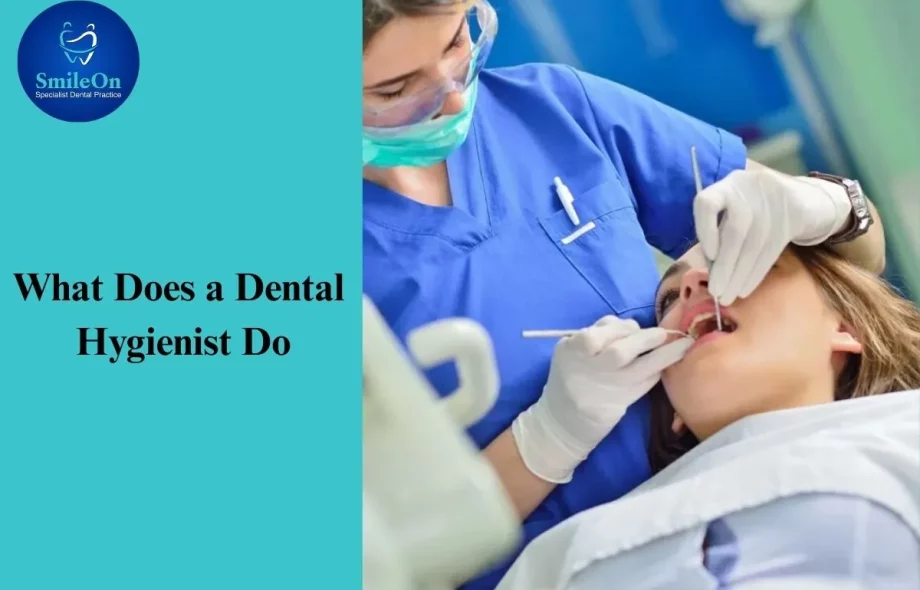Dental Hygienist Tips to Improve Your Oral Health Daily
Maintaining oral health is more than just brushing twice a day — it’s about developing daily habits that support a healthy mouth for life. According to many dental hygienists, consistent oral hygiene practices can help prevent cavities, gum disease, and even systemic issues linked to poor dental care. Whether you’re looking to improve your routine or understand what professionals recommend, here are some evidence-based tips to help you maintain optimal oral health every day.
1. Brush Properly and Consistently
Brushing your teeth twice a day is essential, but how you brush is just as important. Use a soft-bristled toothbrush and fluoride toothpaste. Dental hygienists advise brushing in gentle, circular motions for at least two minutes to effectively remove plaque and food particles. Don’t forget to replace your toothbrush every 3–4 months.
2. Don’t Skip Flossing
Flossing once a day helps clean the areas your toothbrush can’t reach. It removes plaque buildup between teeth and under the gumline, where most cavities and gum problems start. For those who find traditional flossing difficult, water flossers or floss picks can be effective alternatives.
3. Use Mouthwash Wisely
Antimicrobial or fluoride mouthwashes can help reduce plaque, fight bacteria, and strengthen tooth enamel. However, they shouldn’t be used as a substitute for brushing or flossing. A dental hygienist can recommend the right type of mouthwash based on your oral health needs.
4. Stay Hydrated and Mind Your Diet
Water plays a key role in oral health by washing away food debris and keeping saliva levels balanced. Saliva is important because it neutralizes acids produced by bacteria. Limiting sugary snacks and acidic drinks can also protect enamel and prevent tooth decay.
5. Don’t Ignore Your Tongue
Bacteria can accumulate on your tongue and contribute to bad breath and oral infections. Use a tongue scraper or gently brush your tongue as part of your daily oral hygiene routine.
6. Schedule Regular Dental Cleanings
Even with excellent at-home care, regular professional cleanings are essential. Dental hygienists can remove tartar buildup that brushing and flossing can’t reach, and they also screen for early signs of gum disease or other oral conditions.
7. Be Aware of Changes in Your Mouth
Sensitivity, bleeding gums, or persistent bad breath can be early signs of oral health issues. If you notice anything unusual, consult with a dental professional sooner rather than later.
FAQs
1. What’s the difference between a dentist and a dental hygienist?
A dental hygienist focuses primarily on preventive oral care, such as cleaning teeth, removing plaque and tartar, applying fluoride treatments, and educating patients about proper oral hygiene. Dentists diagnose and treat more complex dental issues like cavities, root canals, and extractions.
2. How often should I see a dental hygienist for cleanings?
Most people should visit a dental hygienist every six months for routine cleanings and check-ups. However, those with gum disease or specific dental concerns may need more frequent visits, typically every 3–4 months.
3. Is flossing really necessary if I brush thoroughly?
Yes. Even thorough brushing can’t reach the tight spaces between your teeth. Flossing removes plaque and food particles from these areas, helping prevent gum disease and cavities that brushing alone might miss.
4. What type of toothbrush do dental hygienists recommend?
Dental hygienists generally recommend soft-bristled toothbrushes because they clean effectively without damaging the enamel or irritating gums. Electric toothbrushes are also a good option, especially for people with limited dexterity.
5. Can poor oral hygiene affect overall health?
Absolutely. Poor oral hygiene has been linked to several systemic conditions, including heart disease, diabetes, and respiratory infections. That’s why dental hygienists emphasize the importance of daily oral care and regular dental visits.
Conclusion
Consistent and mindful oral care goes a long way in preventing dental issues and maintaining overall health. Following daily tips from a trusted dental hygienist can help you build better habits and stay ahead of potential problems. For those looking to take the next step in their dental health, professional guidance from clinics like Smileon Dental ensures you’re getting the support you need with personalized care plans and expert hygiene advice.
 :
https://www.pinterest.com/Smileondental/
:
https://www.pinterest.com/Smileondental/

